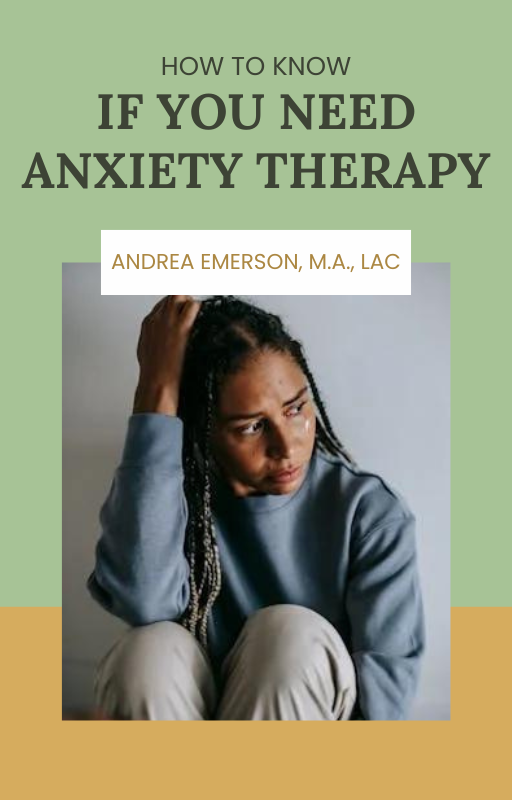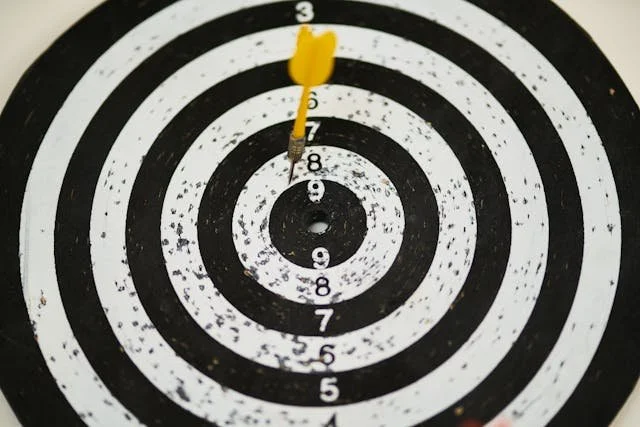Guidebooks
Thanks for your interest in my guidebooks. I hope you find it helpful. You can view your guidebook by clicking the image below.
Check out my blog for more articles and resources.
I believe in providing the highest quality care and customer service possible. To that end, we welcome your questions, feedback and suggestions.
Courage to Be Blogs
Trauma bonding can make harmful relationships hard to leave. Learn what trauma bonding really is, why it feels so strong, and how trauma therapy supports healing.
Learn the common symptoms of depression, how they affect mood, energy, and thinking, and how depression therapy can help support healing and recovery.
Wondering if your symptoms may be anxiety related? Learn the common symptoms of anxiety disorders and how anxiety therapy can help reduce worry, panic, and avoidance.
Struggling with anxiety? Learn how cognitive behavioral therapy for anxiety works, what to expect in treatment, and how CBT helps reduce worry, panic, and avoidance.
Want lasting change this year? Learn how changing your thinking patterns supports growth and how cognitive behavioral therapy helps build flexible, compassionate thought habits.
Tired of starting the year under pressure? Learn how to begin with intention instead, redefine growth, and how personal growth therapy supports sustainable, values-based change.
Ready to stop people pleasing and start honoring your needs? Learn how to let go of people pleasing patterns and how codependency therapy supports boundaries and self-worth.
Feeling disconnected in your relationship? Learn what a healthy relationship reset looks like and how marriage counseling helps couples rebuild communication, trust, and connection.
Struggling with productivity and ADHD? Learn how to rethink productivity, manage energy instead of time, and how ADHD therapy supports sustainable, shame-free success.
Looking for New Year resolutions that support trauma healing? Learn a trauma friendly framework for goal-setting and how trauma therapy helps create safety, regulation, and sustainable growth.
Looking for New Year resolutions that do not worsen depression? Learn a depression friendly framework for goal-setting and how depression therapy supports gentle, sustainable healing.
Looking for New Year resolutions that do not fuel anxiety? Learn an anxiety friendly framework for goal-setting and how anxiety therapy supports calm, flexible, and lasting change
Struggling to keep New Year resolutions? Learn how to use cognitive behavioral therapy principles to create realistic goals, overcome setbacks, and build habits that actually stick.
Looking for New Year resolutions that actually support growth? Learn realistic, value-based goals and how personal growth therapy helps create lasting, meaningful change.
Healing codependency starts with compassion and boundaries. Learn New Year resolutions that support self-worth, balance, and how codependency therapy helps lasting change.

















